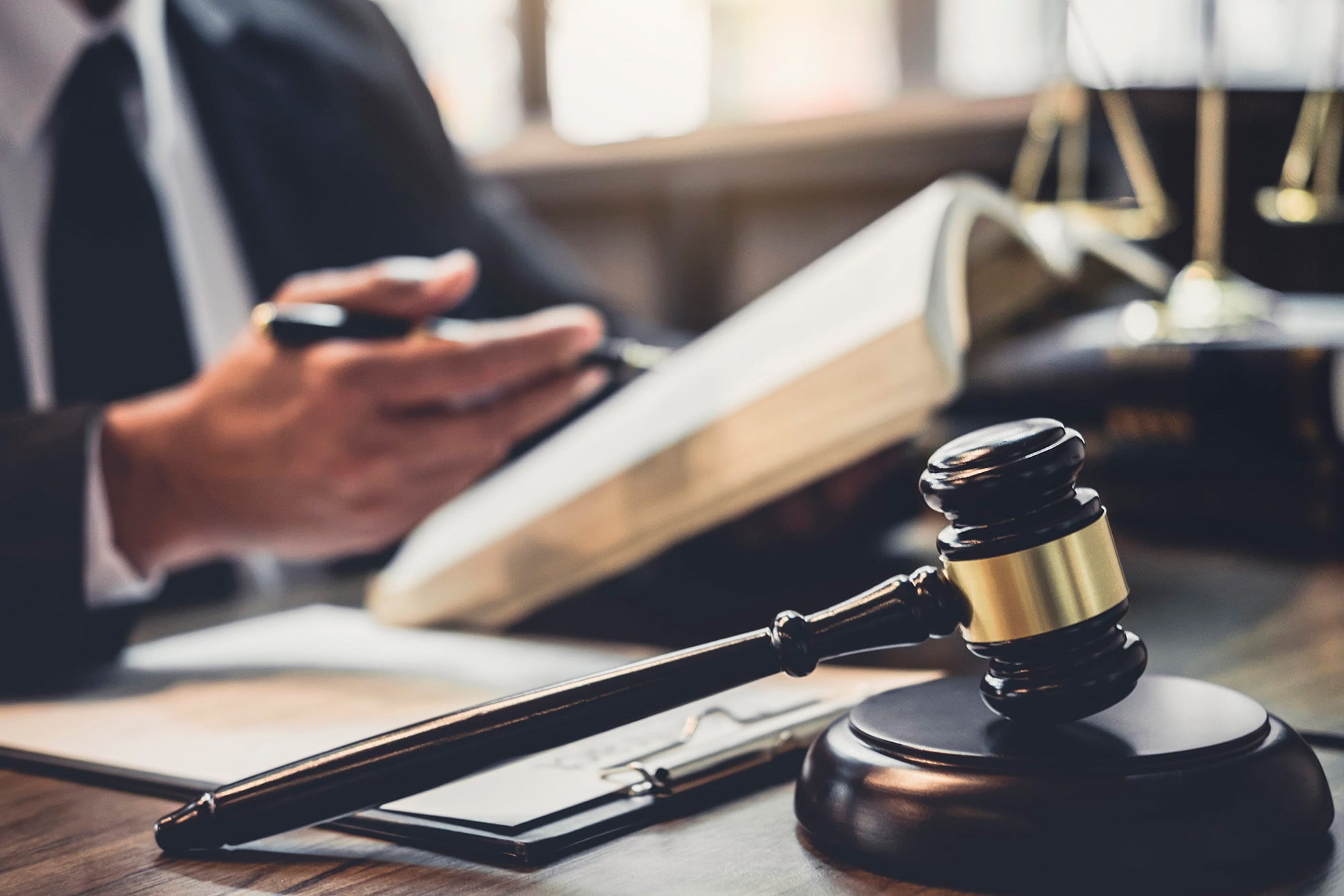
Many states across the United States recognize the responsible service of alcohol is a critical issue for establishments that serve alcoholic beverages. Each state has specific regulations in place aimed at promoting safe alcohol consumption practices and reducing the risks associated with alcohol abuse, such as drunk driving and related accidents.
Unfortunately, people still take risks and drive after drinking alcohol. If you’ve been hurt by a drunk driver, you may have heard your car accident lawyer talk about naming the establishment that the drunk driver drank in and the waiter or bartender that served them alcohol as co-defendants in your claim.
Why?
Our friends from Marsh | Rickard | Bryan, LLC, explain alcohol server training requirements and how gathering evidence that someone deviated from these standards can affect your claim.
Legal Foundation Of Alcohol Server Training
Many alcohol server training requirements are primarily guided by state statutes and regulations set forth by an Alcoholic Beverage Control Board (ABC Board). These regulations are designed to ensure that individuals serving alcohol are knowledgeable about the laws and responsibilities associated with alcohol service.
Who Needs Alcohol Server Training?
Any individual who serves or sells alcoholic beverages in a licensed establishment, such as bars, restaurants, and stores, must complete alcohol server training. This requirement applies to both full-time and part-time employees involved in alcohol service, including bartenders, servers, and managers responsible for overseeing alcohol sales.
Content Of Alcohol Server Training
The content of alcohol server training typically covers several key areas:
- State Laws and Regulations: Understanding state alcohol laws, including legal drinking age, hours of sale, and penalties for violations.
- Identification of Intoxicated Patrons: Recognizing the signs of intoxication and strategies for responsibly refusing service to intoxicated individuals.
- Liability Issues: Educating servers on dram shop laws, which hold establishments liable for injuries or damages caused by patrons who were served alcohol illegally or irresponsibly.
- Prevention of Underage Drinking: Techniques for verifying identification and preventing underage individuals from obtaining alcohol.
- Health and Safety Concerns: Promoting responsible alcohol service to enhance public safety and minimize the risks associated with excessive alcohol consumption.
Requirements For Alcohol Server Training Programs
Most states require alcohol server training programs to meet certain criteria:
Training programs must be conducted by providers approved by the ABC Board, which may include certified trainers or accredited organizations.
The ABC Board must review and approve the training program’s content to ensure it meets the state’s educational standards and legal requirements.
Individuals who complete the training successfully receive a certification of completion, which may need to be renewed periodically according to state regulations.
Benefits Of Alcohol Server Training
Alcohol server training offers several benefits to establishments and their employees:
- Legal Compliance: Ensuring compliance with state laws and regulations related to alcohol service, reducing the risk of fines or penalties for non-compliance.
- Risk Management: Equipping employees with the knowledge and skills to handle alcohol service responsibly, minimizing the risk of liability claims and lawsuits.
- Enhanced Customer Service: Improving customer satisfaction by promoting a safe and enjoyable environment for patrons.
Even with the best of care, people may still get behind the wheel after drinking in a bar, restaurant, or nightclub. An experienced dram shop liability lawyer can help ensure that all parties who contribute to the accident are held accountable.


